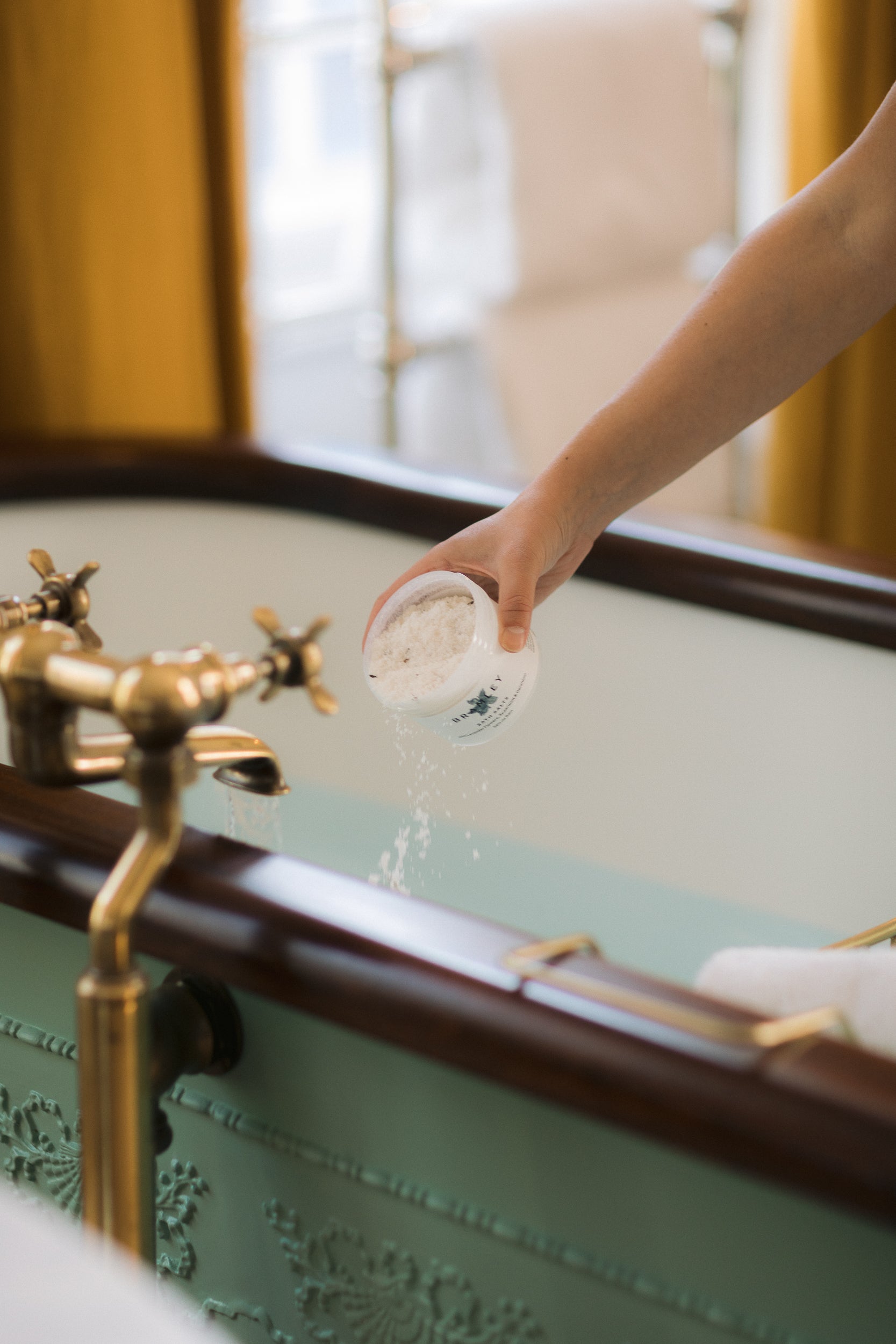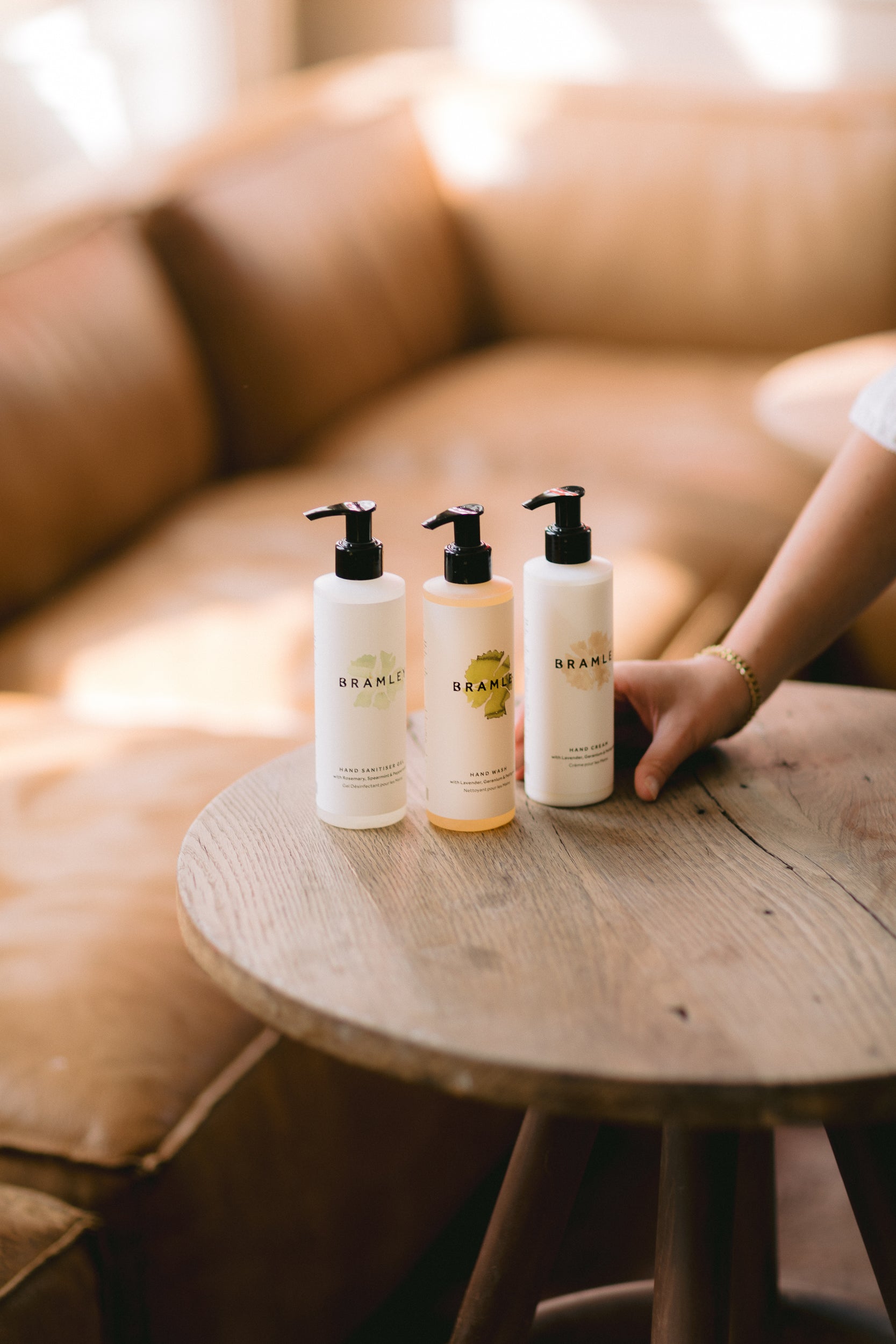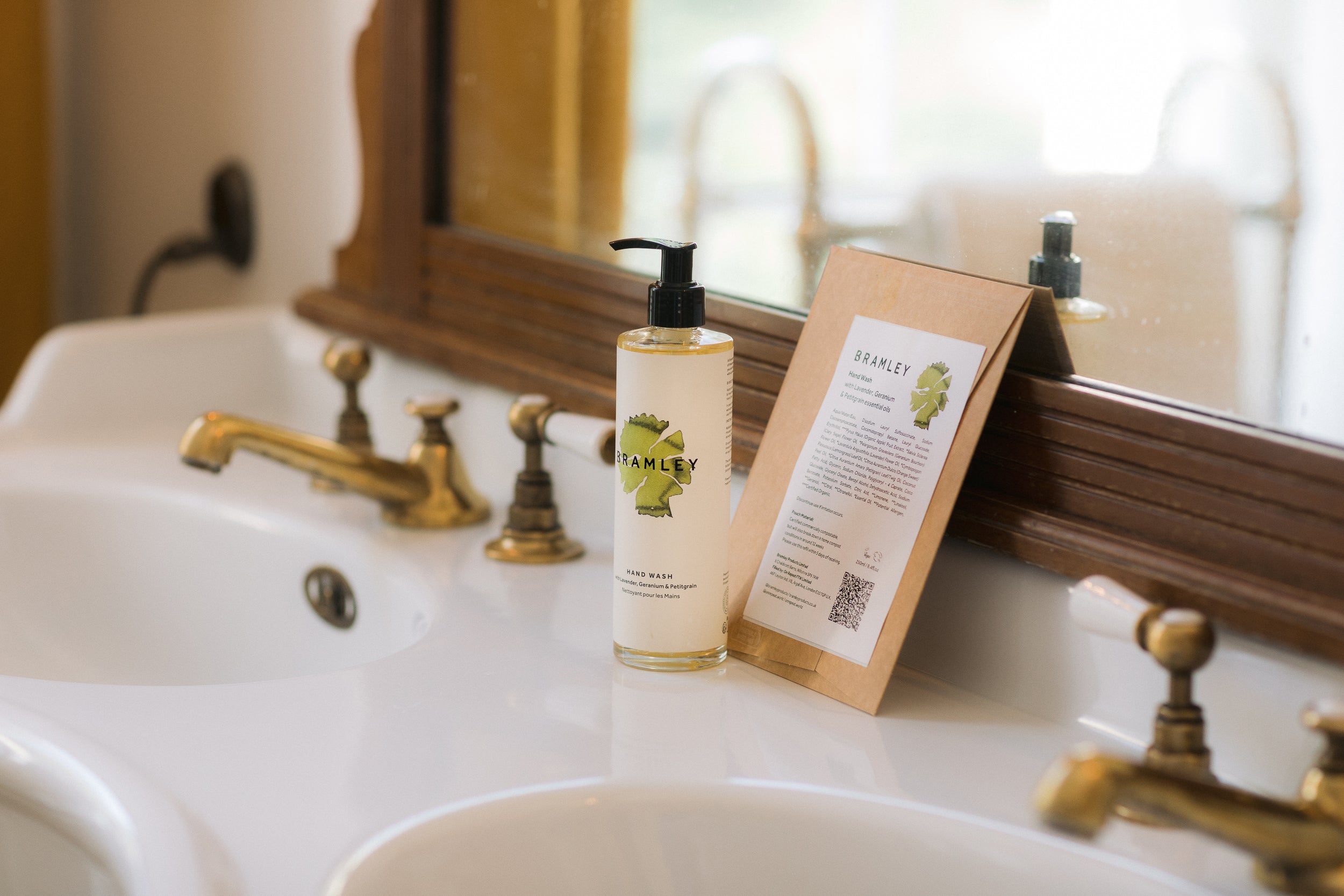Beauty Digested
Beauty from the inside out

Whilst you may consider your diet to be clean, healthy and full of nutrients, sometimes we focus too heavily on eating foods that are good for our waistline and neglect the impact they may have on our skin.
A little fat can go a long way…

No, we aren’t suggesting that ploughing your way through a bar of Dairy Milk will improve your complexion, although there is nothing wrong with a little indulgence every once in a while. However, the ‘good fats’ found in Omega 3 & 6, which can be found in oily fish such as salmon and mackerel or avocado is packed full of skin-loving fats that provide you skin with essential hydration. Getting enough of these ‘good fats’ is integral to ensuring your cells are adequately nourished. After all, hydrated cells are the secret behind that sought after plump, radiant, youthful glow which naturally diminishes with age.
Veggie or vegan, don’t let your ethical beliefs impact your skin

By removing meat as a food group, your diet instantly becomes lower in protein. Vegan diets can be particularly low in protein because they miss out on the sources from eggs and dairy too. This lack of protein can result in dry and dull-looking skin. This is because the fibres such collagen and elastin, which regenerate your skin, are made up of protein, so a deficiency can have a huge impact on the overall look of your skin, particularly over time. The best way to stick to your ethical beliefs but also benefit your skin is to ensure that you incorporate adequate amounts of fats and proteins from sources such as nuts, ground flaxseeds and avocados (which we will keep mentioning until you realise they are the skin saviour) and finally water - hydration is key.
Protein loving meat-eaters are also under threat

Don’t go thinking that just because your diet is high in protein that this extreme can’t also be detrimental to your outward appearance. Although a high protein diet is one favoured by gym lovers across the globe, and for good reason. A high protein diet can also make you more prone to blemishes as too much protein can alter the body’s pH balance, making it more acidic. However, your pH balance can be neutralised by upping the amount of alkaline-rich foods you eat, such as leafy greens like kale and spinach as well as broccoli and cabbage.
Gluten free, great for the gut, but what does it do to your outsides?

Going gluten-free seems to be on everyone’s agendas at the moment. And whilst it is highly beneficial to your overall health to cut down on those unnecessary carbs, many wheat-free alternatives are overly processed causing sugar spikes which in turn can result in acne breakouts and collagen breakdown. Be wary, a gluten-free label doesn’t immediately mean ‘healthy’. By removing gluten completely from your diet, you are missing out on the gluten-rich grains that contain vitamin B, which help to reduce inflammation and eliminate skin issues such as under-eye puffiness. If a moderate amount of gluten is still a no go, studies have found that probiotics applied topically can also reduce signs of inflammation.
So now we know that beauty starts in the gut, great, but the opposite also applies

The skin is the largest organ in our bodies so just as what we put on the inside affects the way our skin looks on the outside, what we put on the outside will affect our inner health too. A lot of us have grown to know the benefits of using organic produce in our cooking, knowing that pesticides and preservatives have a negative impact on our overall health. But it’s the same with beauty products too.
Preservatives are also used by cosmetic companies to expand the shelf life of their formulas and products are pumped full of silicone to give them the desired texture to make them feel moisturising on the skin or give your hair a glossy shine. However, instead of actually hydrating your skin or cleaning your hair, these products are just forming a film on their surface. Once you switch to natural beauty products you will notice that silicone-based moisturisers leave a greasy residue on your skin and take longer to be properly absorbed. And after a while silicone pumped conditioners will cause build-up which will dull the appearance of your hair and will result in you buying even more products to bring back the shine!
Our advice?

Be conscious about the impact that your diet and beauty regime has on your overall health and consider how they work in unison. When it comes to food focus on eating a balanced, nutrient-rich diet which doesn’t completely eliminate whole food groups, as for cosmetics, why not try swapping a few of your beauty products for their natural counterparts? Start by avoiding the most common ‘nasty’ synthetic ingredients such as parabens, microbeads and silicones.
If you are still wary of what you are buying in to, most natural cosmetic companies are proud of their ingredients so often publish them online. Look for transparent labelling and read up on a company’s ethos to ensure that they are producing the products you want to invest your money in and will actually benefit both your skin and overall health in the long term.










